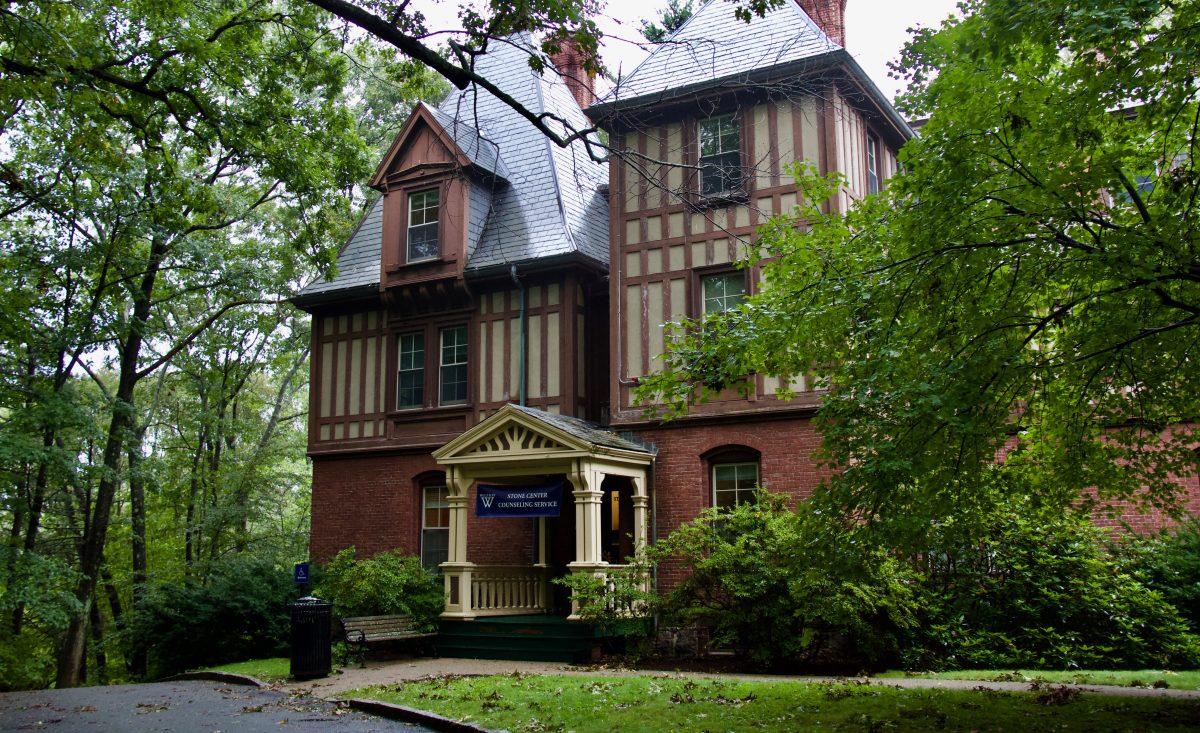You may have seen posters around campus or received emails from the Stone Center, Wellesley’s mental health center, about the many support groups and workshops offered by Wellesley. Groups like Complex Minds, which is for students who have been diagnosed with chronic mental illness, and Finding Connections, which is for students who have newly transferred or returned from leave, help students connect with each other. If you have only been to one-on-one therapy, however, the benefits of support groups may be difficult to understand.
“The value students tell us that they get out of groups is feeling a connection with each other,” explains Janet Park, the Stone Center’s outreach and group coordinator. “That’s the highest endorsement on post-group evals that people have.”
Support groups can enhance one-on-one therapy by providing support in a different way. Maya, whose last name is withheld for privacy reasons, joined the Stone Center’s Chronic Illness Group one semester ago at the suggestion of her counselor.
“[My counselor] thought that it would be a good way to connect with peers dealing similar issues,” she said. “I was seeing her in addition to the group, but I think that having a weekly group took pressure off my one-on-one sessions. Part of that was the regular meetings, and another part was the abundant support my peers offered.”
One major component of that peer support is the concept of universality. Universality, a concept first introduced by psychotherapist Irvin Yalom, describes the way in which group therapy can help patients realize they are not alone.
“I had been open with my friends and counselor about what I was going through, but the support group was the only place that I could talk about my issues and have people fully understand and related to what I was dealing with because many had been in the same situation as me,” said Maya. “Knowing that you aren’t alone is always a relief.”
Support groups at Wellesley have existed for years. This semester, six are active: in addition to Complex Minds, Chronic Illness Group and Connections, the Stone Center hosts Grief Groups for students dealing with loss, Eating in the Light of the Moon for students with eating disorders, Asian Women’s Action for Resilience and Empowerment (AWARE) for Asian-American students who are women and No Worries! for students with anxiety.
Park noted that many different factors contribute to which groups are active in a given semester. One factor is the availability of the Stone Center’s counselors, who are typically graduate students on a one-or two-year stay.
“What we try to do is really use the expertise of the staff who are here, and their experience areas,” she said. “Some of our trainees have run groups before in other settings.” Others, she notes, are older, or can work together in groups of two to run a support group.
Another major factor is student need. Sometimes students reach out to the Stone Center independently to suggest the formation of a group. Other times, a group’s founding (such as Grief Group) can be kickstarted by dean recommendations based on commonly reported situations.
“Grief Group –– that was a group that really rose from the needs of the Wellesley community, and we get a lot of referrals [to the group] from deans,” said Park. “That group reconstitutes every year, based on the needs of students.”
One challenge raised by holding support groups at a small liberal arts college, where many people know each other, is enforcing confidentiality. Each group sets up its own rules, including how to tackle confidentiality and to what degree group members can communicate outside of group meetings, but students earning each other’s trust can still be a problem. Like Wellesley’s peer health educator programs, including Active Minds and the Balance Health Educators (BHEs), most support groups operate on a key principle: “Take the story, leave the name.”
Despite these concerns, Maya feels safe and comfortable in her group.
“I made new friends with people I might’ve never met,” she said. “At the end of spring semester, we made a group chat to keep in touch and continue to provide support for each other over the summer.”
Another major challenge, familiar to anyone who’s ever struggled to match their Google calendar to a friend’s or professor’s, is trying to fit meeting times to students’ busy schedules. Some groups recruit members first and then use resources like when2meet to find a time that works for as many people as possible, while others start with a weekly time that students can plan for. Either way, helping a large group of students with busy schedules meet is a monumental task.
“September is like, ‘oh, let’s get this going, let’s see if this can happen!’” laughed Park, in reference to the amount of time counselors spend in September trying to configure group meeting times.
Regardless of these difficulties, Stone Center support groups are still a great way for students to reach out to each other, and share their experiences.
“Based off of my personal experience I would highly, highly recommend support groups,” said Maya. “The first few weeks may be awkward, but it’ll get better and will become an invaluable resource.”






